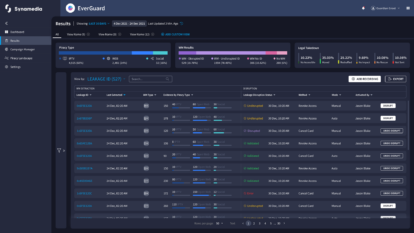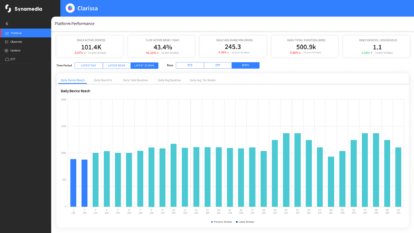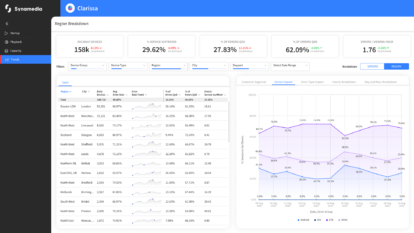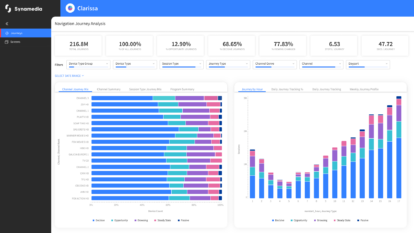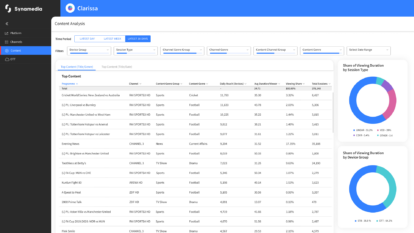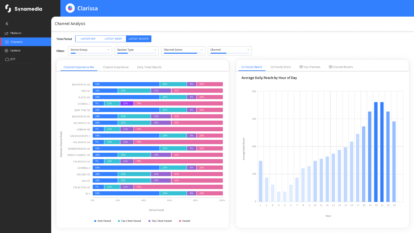At SportsPro New York our video network team will discuss the biggest trends impacting the sports broadcast and streaming industries alongside fellow innovators and digital disruptors.
Looking to future-proof your streaming business with best-in-class SaaS technologies? Be sure to attend the “Race against time: Tackling latency” panel featuring our EVP of Video Network, Julien Signes.
Race against time: Tackling latency
From live events to digital platforms, explore the innovative methods being used to tackle latency and deliver seamless sports viewing experiences.
Book a meeting with the team at the show here:

